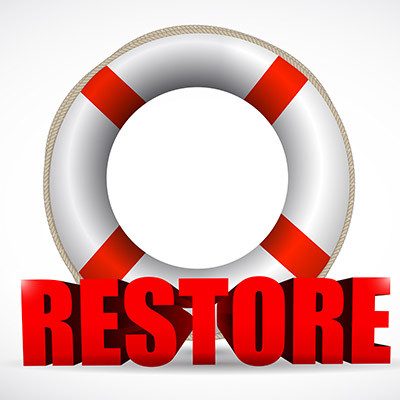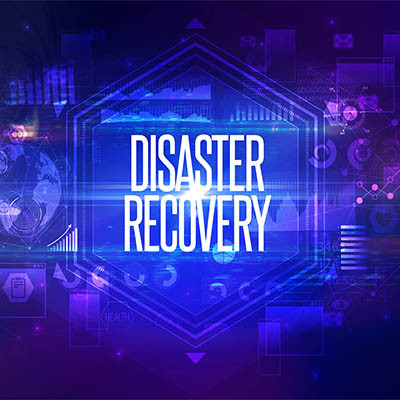A disaster can take many forms, from a raging snowstorm to deleting the wrong file. Regardless of what kind of disaster you face, you can know that it doesn’t take much to impact a business, especially if the business doesn’t have a business continuity plan in place. How does your business recover from such a devastating scenario? How can it get its data back and in proper working order? That’s what we want to tell you about today.
TS3 Technologies Blog
We often think about disasters in the context that they completely destroy the office, rendering your business incapable of operations. However, this is only part of what is encompassed by the term “disaster,” and the whole picture is far more terrifying. Any disruption to your operations can be considered a disaster in its own right, so we wanted to take some time to go over what you should look out for with your disaster planning.
Running a business is stressful, but so is thinking about a future where that business (and its data) no longer exists. If you’re not careful with your preparedness, you could stare down a disaster with no hopes of recovery. This is why we urge you to take proactive action now—so you can prevent these kinds of scenarios from taking your business off the market for good.
For modern organizations that depend highly on their technology, nothing is quite so scary as an event that can completely marginalize its ability to operate. This doesn’t need to be a fire, flood, or some other major cataclysm; it could be something as simple as some of your old IT fails and you’re not ready for it. This week, we thought we’d briefly go through what a catastrophic failure looks like and some steps you can take to keep your business from experiencing one.
There are countless ways your organization could face down a disaster, whether it’s a high-profile natural disaster, a physical disaster, or a technology-related disaster. If you aren’t prepared to face the consequences, your business could falter in the face of such incidents. How can your business best prepare itself for all manners of disasters?
A good business owner envisions the future and what it could bring about. You may have already devoted a considerable amount of time to the good things that could happen, but how often do you picture the bad? If you don’t imagine the worst-case scenario, you could be putting your business’ life on the line. Are you prepared to deal with a data loss incident?
Business can be difficult when everything goes right, but when disaster strikes, serious issues arise that need to be answered fast and if you don’t have a business continuity plan in place, your business will be in peril. It doesn’t matter what you do, if circumstances decide that your business needs to shut down, having a disaster recovery policy in place as a part of a larger continuity plan, will do more than you think to save your business.
All businesses store and transmit data on a regular basis. From financial spreadsheets to client information to employee records, there is no shortage of data required by most organizations to maintain operations. What would you do if all that data were to suddenly vanish into thin air, or worse, be stolen by hackers?
Data recovery is a major pain point for small businesses, but not all organizations have the same resources and assets that make it possible. Small businesses in particular are more prone to forego data backup and disaster recovery because it does not provide an immediate return on investment. Well, we’re here to tell you that this mindset is wrong.
With the future so uncertain, it’s no surprise that many organizations are turning their focus toward business continuity. There are a lot of components that go into making a successful continuity plan, and if you want to optimize your chances of survival in the face of a disaster, you need to ensure that all your bases are covered.
With most businesses dipping into their disaster recovery strategies, and millions of workers either out of work or working remotely, it is honestly a great time to remind you that March 31st is World Backup Day. This is a day where we help promote the idea of taking backups of your crucial IT systems to ensure that you have access to your important information if a disaster were to strike your business.
World events have always had a big impact on the banks that one finds on Wall Street, but in many ways, the one that coronavirus (COVID-19) has demonstrated has been unprecedented. As such, it almost provides a case study of the importance that disaster recovery planning has for any business… Wall Street institutions included.















